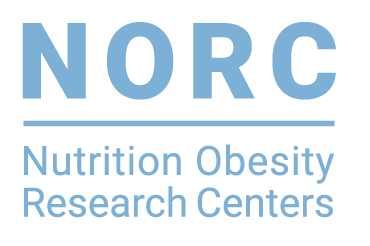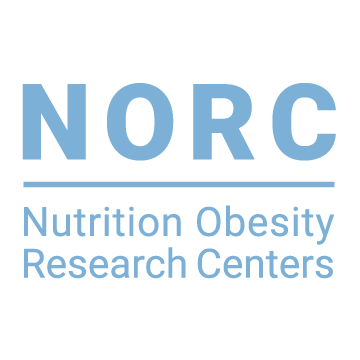Abstract
Objective
Lactate is an intermediate of glucose metabolism that has been implicated in the pathogenesis of insulin resistance. This study evaluated the relationship between glucose kinetics and plasma lactate concentration ([LAC]) before and after manipulating insulin sensitivity by progressive weight loss.
Methods
Forty people with obesity (BMI=37.9±4.3 kg/m2) were randomized to weight maintenance (n=14) or weight loss (n=19). Subjects were studied before and after 6 months of weight maintenance and before and after 5%, 11% and 16% weight loss. A hyperinsulinemic-euglycemic clamp procedure in conjunction with [6,6-2H2]glucose tracer infusion was used to assess glucose kinetics.
Results
At baseline, fasting [LAC] correlated positively with endogenous glucose production rate (r=0.532, p=0.001) and negatively with insulin sensitivity, assessed as the insulin-stimulated glucose disposal (r=−0.361, p=0.04). Progressive (5% through 16%) weight loss caused a progressive decrease in fasting [LAC], and the decrease in fasting [LAC] after 5% weight loss was correlated with the decrease in endogenous glucose production (r=0.654, p=0.002) and the increase in insulin sensitivity (r=−0.595, p=0.007).
Conclusion
This study demonstrates the inter-relationships among weight loss, hepatic and muscle glucose kinetics, insulin sensitivity, and [LAC], and suggests that [LAC] can serve as an additional biomarker of glucose-related insulin resistance.
Citation
- Chondronikola M, Magkos F, Yoshino J, Okunade AL, Patterson BW, Muehlbauer MJ, Newgard CB, Klein S. Effect of progressive weight loss on lactate metabolism: a randomized controlled trial. Obesity (Silver Spring) 26: 683-686, 2018. PMCID: PMC5866193

